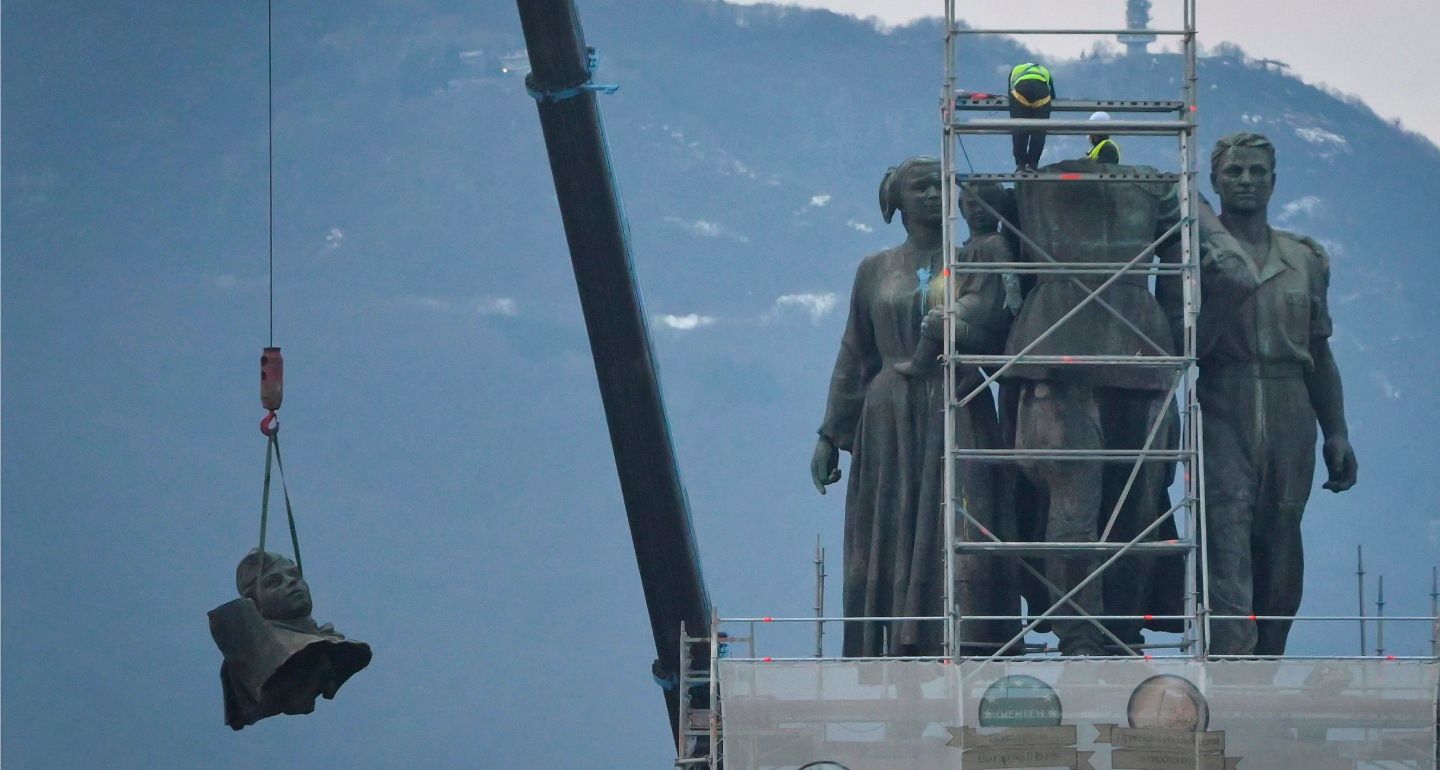For over a century and a half, Bulgaria has featured prominently in Russia’s Black Sea strategy. Instead of direct annexation, the country was assigned the role of a humble satellite, always ready to facilitate Russia’s access to Europe and the Mediterranean as well as ward off other powers from Russia’s southern coast. These objectives haven’t changed much in the 21st century. Joint energy projects with Bulgaria were supposed to bring Russian energy giants closer to European markets, bypassing less pliant transit states, while historical affinity with Bulgarians was leveraged to limit NATO’s presence in and around the Black Sea. The results of Russia’s efforts, however, are in many ways the opposite of those intended.
This paper is a part of the project “Russian Intentions and Actions in the Black Sea” by Transatlantic Leadership Network. Other papers of the project are available here.




